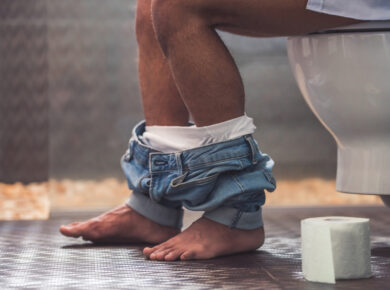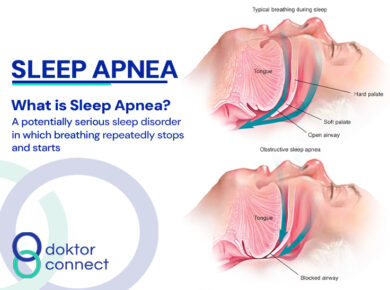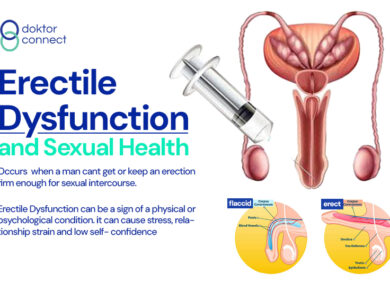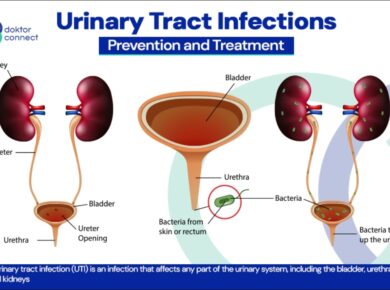What is the right way to fast? You might have asked this question at one point or the other, without getting clear answers.
Don’t worry, you are in luck today.
Fasting is the voluntary abstinence from eating and sometimes drinking.
The keyword here is voluntary. Ergo, that ‘fasting’ you do when you are broke…
It is not fasting. It is just SAPA doing what it does best.
In Nigeria, fasting is very popular among religious people, especially at the beginning of the year.
People fast for different reasons. The reasons may be religious, psychological or physical.
Whatever your reason for fasting is, you should fast the right way because fasting can affect your health if done wrongly.
And that’s why this article exists, to help you learn how to fast in a healthy way.
So here are some tips to help you practice healthy fasting:
Don’t Start Fasting Suddenly
Going from eating three meals a day to one meal can be tough on your body.
This abrupt change may also lead to struggles with maintaining your energy levels. You can gradually reduce your food and drinks intake some weeks or days to the beginning of your fast. So, your body has more time to adjust to your new routine, and your daily activities will not suffer so much.
Speak To A Doctor First (Especially If You Have A Health Condition)
Some health conditions may make it difficult or impossible for you to abstain from eating. For example, it may be hard for you to fast for prolonged periods if you have a peptic ulcer. Also, other diseases like diabetes can make fasting a no-go area.
It is safer for you to speak to your doctor if you have any health condition before embarking on a fast.
You can also speak to one of our doctors on Doktorconnect here.
Take Things Slow
The reduced consumption of food means that you also have less energy supply than expected for your daily activities. Hence, you will be safer reducing your level of physical activity to conserve more energy. Don’t engage in intense exercise while fasting, because it can leave you drained.
Take things slowly so you can go about your daily routine despite your fast.
Eat Right
During your fast, avoid eating food or drinks high in sugar. You may feel full initially, but that feeling will wear out rapidly, and leave you weak, hungry and tired during your fast. Instead, eat food that gives you enough energy for the long haul. Carbohydrates like pasta, and potatoes, and proteins like beans are good. Don’t forget to eat fruits and drink lots of water too.
Speak To A Doctor Again (About Your Drugs)
If you are taking any medications, find out from your doctor if you can take them without eating. Don’t skip your drugs while fasting or take them without following your doctor’s instructions. Doing this can lead to health complications.
Break Your Fast Slowly
Don’t break your fast by eating huge meals. Doing so can lead to fatigue, bloating or other digestive issues. Instead, eat normal-sized portions after your fast, and always stay hydrated!
With these tips, you are well on your way to fasting in a healthy way
While fasting may have psychological, spiritual and physical benefits, fasting from food and drinks should not be done for a prolonged period. Water fasts for long periods are not encouraged either.
You should not fast if you are:
- Underweight
- Recovering from a surgery or illness
- Breastfeeding
- Have diabetes or chronic kidney disease
Always consult a doctor before embarking on a fast to find out if it is right for you.
Stay safe.




